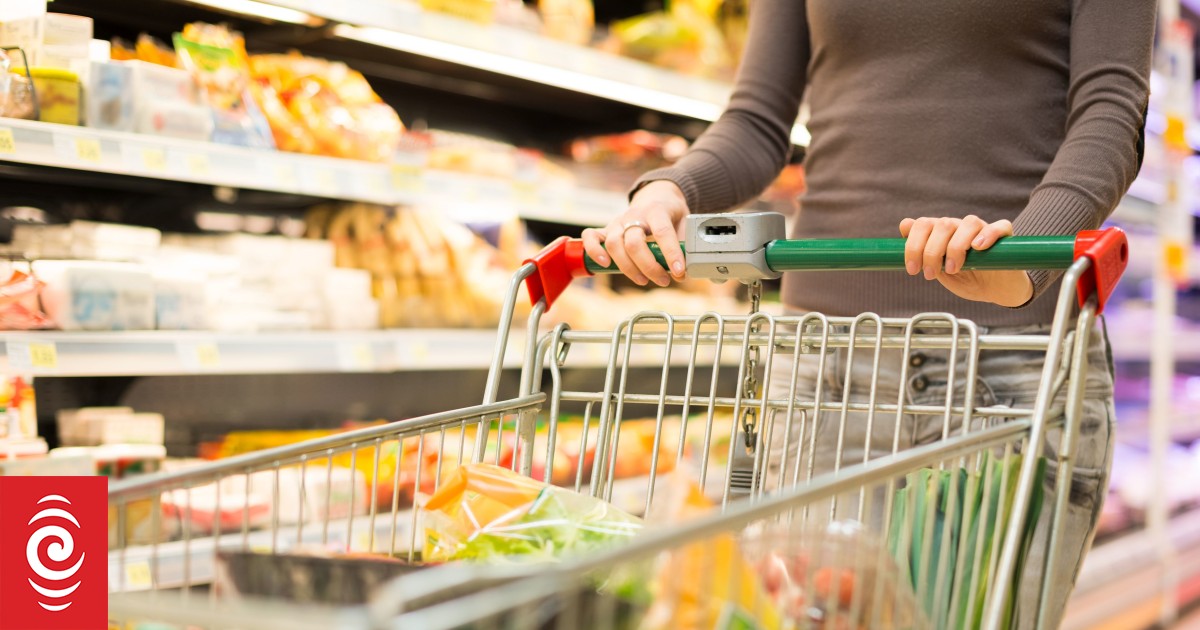
Photo: 123RF
A new study has confirmed what many New Zealand shoppers already believed – supermarket prices are higher here than overseas.
Australian researchers compared the prices of common grocery items in leading supermarkets in Australia, the UK, Ireland and New Zealand.
New Zealand was the most expensive place to buy the items, with the UK the cheapest.
Researchers from Edith Cowan University compared the prices of some common supermarket staples, including fruit and vegetables, milk, cheese, chocolate, meat, bread, coffee and some toiletries.
Here’s the winning order on price alone:
- UK – on top with the lowest prices, with the cost of the groceries ranging between $314-$329
- Ireland – next cheapest with prices ranging between $347-$383
- Australia – in third with the price the groceries between $359-$368
- New Zealand – the most expensive with a cost ranging from $379-$454

Photo: Supplied
Associate Professor Flavio Macau and Dr Alex Wang collected data on 44 grocery items between April and May this year.
The comparison looked at the two largest supermarkets in each country.
In New Zealand that meant Pak’n’Save and Countdown (Woolworths), which have a 70 percent share of the market.
In Australia Coles and Woolworths (65 percent market share), in the UK Tescos and Sainsbury (42 percent market share), and Ireland Dunnes and Tescos (45 percent market share).
When adjusting for wages the ranking from cheapest to most expensive was:
- UK
- Australia
- Ireland
- New Zealand
Macau said there were some reasons why groceries were more expensive in New Zealand.
New Zealand was as isolated as Australia, somewhat excluded from main global supply chain corridors, with a small population, and heavily reliant on imports, he said.
Macau said the duopoly was even stronger than in Australia, and he had expected product prices to be more alike.
“It was a surprise to see considerable differences in prices for grocery online shopping.
“That it was a race towards the top, towards a more expensive basket, was less of a surprise.”
However, he said New Zealand supermarkets were underperforming compared to their overseas counterparts.
“In NZ, it pays even more to do your homework and actively compare prices before shopping.
“And potentially you need to build even more bridges between local producers and consumers as an important tool to fight the cost-of-living crisis.”
The research comes as the Commerce Commission blocked Foodstuffs North and South Island divisions from merging.
And intense focus in Australia and New Zealand on supermarket pricing and practices.
– ABC/RNZ

